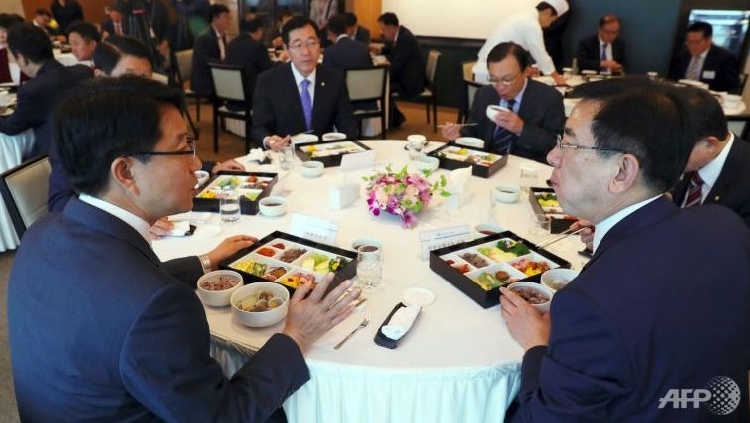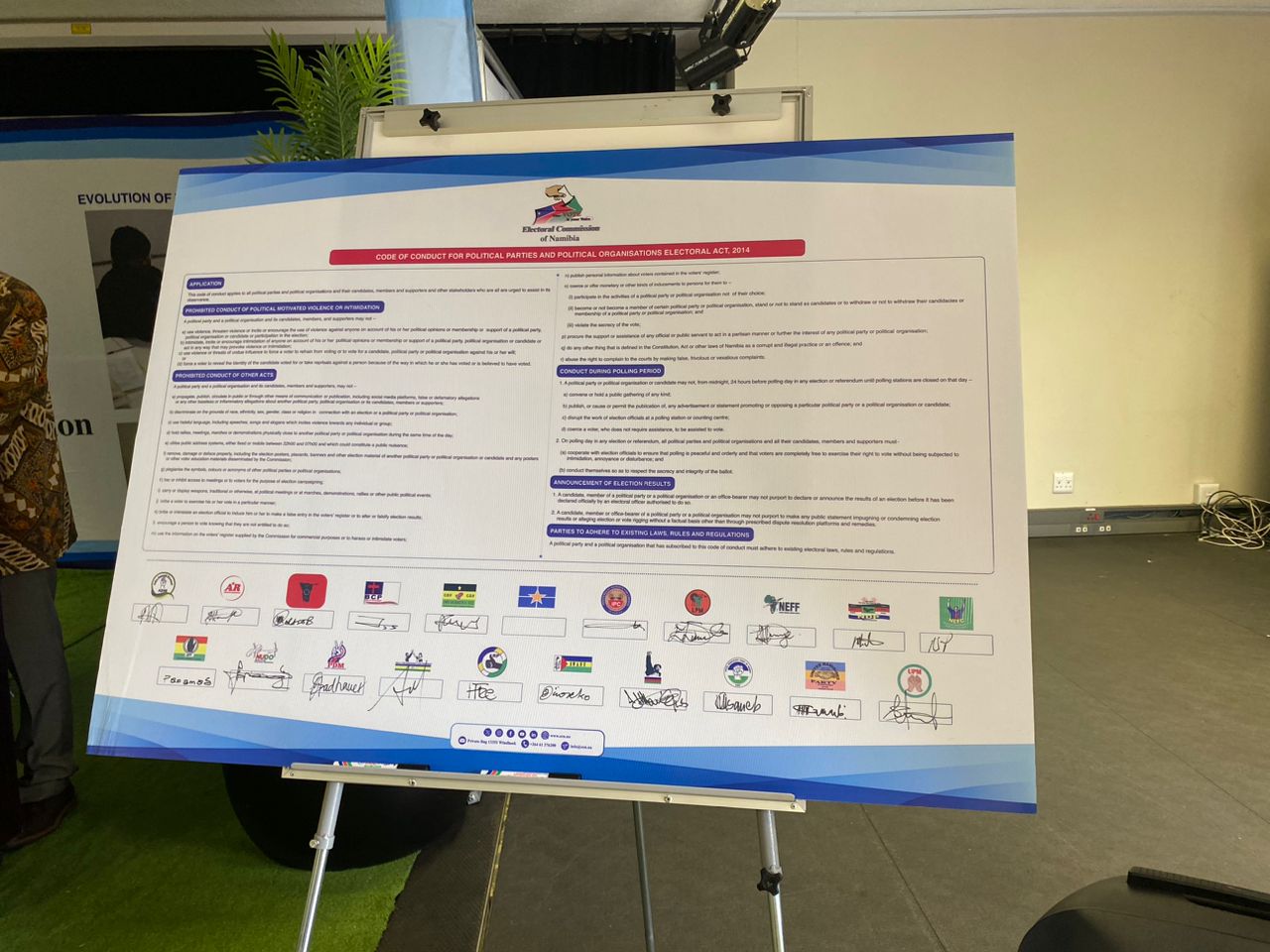SEOUL — A tough new anti-graft law came into force in South Korea on Wednesday, with many hailing it as a milestone to help root out widespread low-level corruption.
Dubbed the Kim Young-ran law, after the former supreme court judge who drafted it, the sweeping legislation covers some four million public servants and employees of education institutions in the country of 50 million.
The law targets teachers bribed by parents to give better grades, journalists paid to give favourable publicity and officials bought off by businessmen to speed up bureaucratic processes.
They are now banned from accepting gifts worth 50 000 won (US$45) or more, or meals of 30 000 won or more, with offenders facing hefty fines or even a prison term.
The law even prohibits the common practice among doctors and other workers at university hospitals of offering favourable treatment to personal acquaintances, including expedited scheduling of surgery.
Offenders often slipped through loopholes of the existing anti-corruption law, as it was hard to prove that money or gifts changed hands in return for a favour instead of as a token of hospitality.
“The new law is quite different from the past one. It covers a much wider range of wrongful activities and contains much more severe punishment against offenders”, national assembly speaker Chung Sye-kyun told journalists.
“It will help bring a stop to old habits. People may find it inconvenient, but good medicine tastes bitter”, he said.
Presidential spokesperson Jung Youn-kuk also said the law would be “a turning point to create a fair, clean society … and to enhance our national integrity”.
NGOs have welcomed the new legislation.
Lee Eun-mi, head of the Centre for Administrative Watch at the People’s Solidarity for Participatory Democracy, said last week that it would make many people “think twice whenever they have the chance to wine and dine or accept gifts”. – Nampa-AFP
Stay informed with The Namibian – your source for credible journalism. Get in-depth reporting and opinions for
only N$85 a month. Invest in journalism, invest in democracy –
Subscribe Now!






